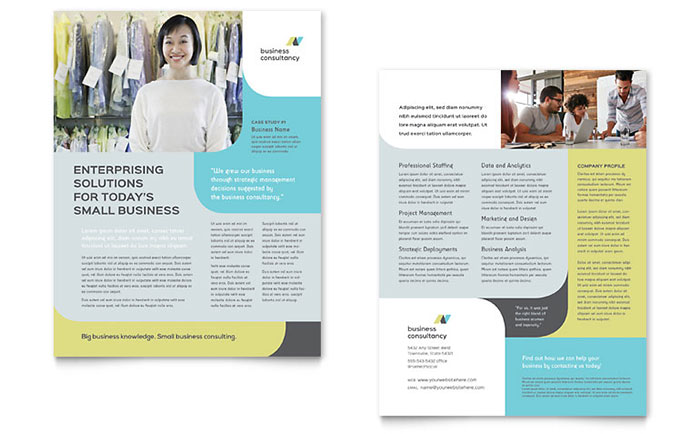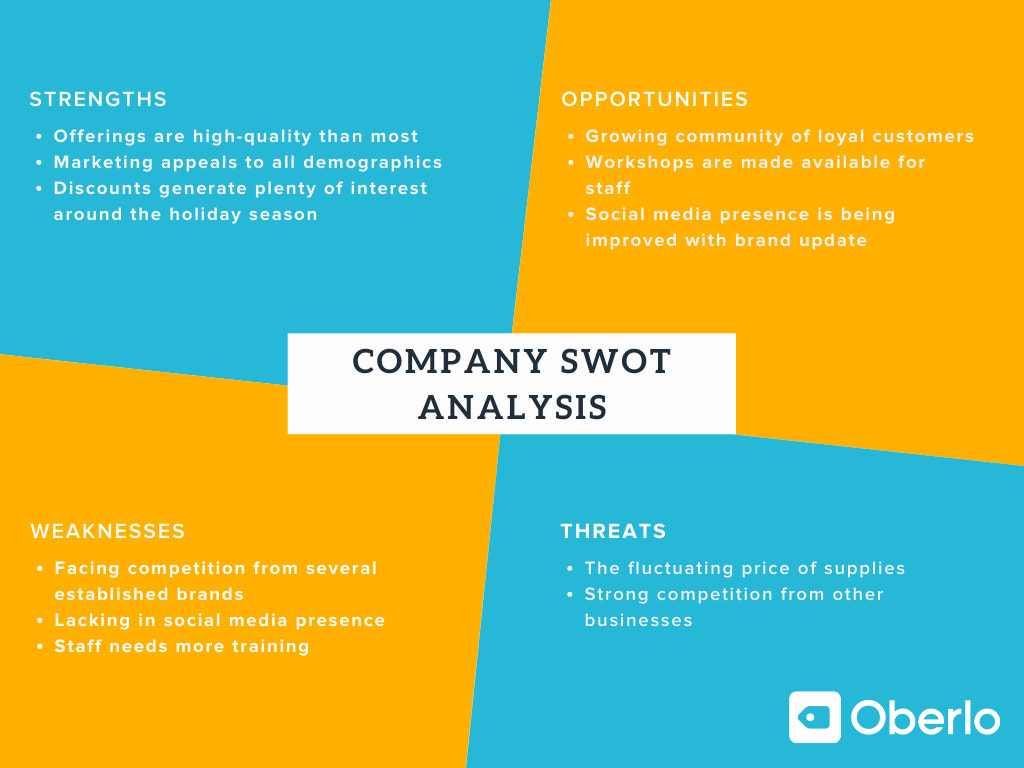
The Hays Environmental Consulting company specializes in advanced cartography for resource management and land use planning. They provide detailed topography that can be used for engineering, land-use planning, recreation and real estate. They are able to assist with subdivision design, based on the local topography, and provide drainage analysis for new lot subdivisions. They can also approve new development lots by providing Plat approval. Andy Grubbs the firm's proprietor has been working in Texas geology for over 30 years.
RSAH2O, LLC
RSAH2O, LLC, a compliance and environmental consulting firm, has extensive water-related experience. The founding members of RSAH2O, LLC have more than 100 years combined experience. They also held senior positions at the Texas Commission on Environmental Quality (TCEQ) and the Texas Water Development Board (TWDB). Its expertise encompasses regional water planning, water policies and water administration. Enforcement is also a key focus. RSAH2O's founders have substantial experience in both municipal and state water management. They have also testified in numerous water-related cases in Texas and provided testimony at hearings.
RSAH2O, LLC has several members, including Herman R. Rubinstein, a former commissioner of the Texas Commission on Environmental Quality. Rubinstein is a water expert and served as Chair of the Texas Water Development Board. Additionally, he has been a member of the Western States Water Council, and the Border Governors’ Conference Sustainable Development worktable.

Adaptive Environmental Consulting Group
The Adaptive Environmental Consulting Group can help you with any environmental problem in your home or office. They provide comprehensive services at fair prices, thanks to their extensive industry knowledge and alliances. They can solve any environmental problem you may be facing.
Jenkins Environmental Consulting, LLC.
Founded in August 1998, Jenkins Environmental Consulting, LLC (JEC) primarily serves the needs of local governments and industry compliance efforts. It has built a strong client base and earned a reputation for providing excellent environmental services. Today, its clients include state and local governments, private developers, lending institutions, insurance agencies, and other environmental consulting firms.
Troy Jenkins, a council certified Indoor Environmental Consultant, Individual Asbestos Consultant, TDLR-licensed Mold Assessment Consultant, leads Jenkins Environmental Consulting, LLC. He is responsible overall project management, job execution, as well as quality control. His 27 years of experience in environmental consulting is an added benefit to his expertise.
RSB Environmental provides chemical exposure assessments
Chemical exposure assessments are an important part of the regulatory procedure. To protect the natural environment, companies will need to submit Tier II reporting. RSB Environmental will assist clients in preparing these reports and submitting them. We also help companies submit safety data sheets. We can help you determine the hazard levels at your facility, as well as provide guidance for the proper disposal of contaminated materials.

RSB Environmental can provide a range of services such as wastewater treatment, lab analysis and facility upgrades. Additionally, we provide compliance consulting and Phase I and Phase II Environmental Site Assessments. Asbestos surveys, property condition assessments and other environmental services are also available.
FAQ
What are the advantages of being a consultant?
Consultants can often choose the hours and topics they work on.
This allows you to work wherever and whenever you want.
It means that you can change your mind easily without worrying about losing your money.
Finally, you can control your income and set your own schedule.
Why would a company hire a consultant?
Consulting provides expert advice about how to improve your business performance. They aren't there to sell your products.
Consultants help companies make better business decisions through sound analysis and suggestions for improvement.
Consultants often work closely alongside senior management teams to help understand what they need to succeed.
They also provide leadership training and coaching to ensure employees develop the skills necessary to perform at peak levels.
They may advise businesses on reducing costs, streamlining processes, and increasing efficiency.
How did modern consultancy come about?
Accounting professionals were the first to become consultants. They helped companies manage their finances. They became known as "accounting consultants." This was because they had become very skilled at managing financial information. The role soon expanded to include other areas, including human resources management.
The term "consultant" came from the French word for "to advise." It was used by businessmen to describe someone who could offer advice on how to run an organization. Many business owners use the term "consultant" to describe any professional advisor.
How do I set up an LLC to consult?
The first step is to decide what service provider you want to be. The next step is to ensure that you're qualified for the services you offer. It might also help to find someone who already does what you want to offer and see how they operate.
Once you know your product/service, you should start looking for the right market. If there aren't enough of them, you may need to create them.
You will then need to decide if it is worth starting your own business, or hiring others to do it.
It is possible to also start your own consulting firm by obtaining a license from the State. But this will require a lot more paperwork and legal costs.
What is the real value of consulting?
Consulting is not only an entry-level profession for those looking to make fast money, but it's also an excellent way to acquire valuable skills that you can apply throughout your career.
Consulting offers various opportunities from project management, business development, strategy, training, and leadership roles. You might find yourself working on projects ranging from small start-ups to large-scale international corporations.
Consulting provides you with the opportunity to develop and hone your skills, as well as gain experience within a range of industries. This could mean learning to manage teams, negotiate contracts, write proposals, manage budgets, analyze data, create presentations, conduct market research, and much more!
Statistics
- According to statistics from the ONS, the UK has around 300,000 consultants, of which around 63,000 professionals work as management consultants. (consultancy.uk)
- "From there, I told them my rates were going up 25%, this is the new hourly rate, and every single one of them said 'done, fine.' (nerdwallet.com)
- Over 50% of consultants get their first consulting client through a referral from their network. (consultingsuccess.com)
- According to IBISWorld, revenues in the consulting industry will exceed $261 billion in 2020. (nerdwallet.com)
- My 10 years of experience and 6-step program have helped over 20 clients boost their sales by an average of 33% in 6 months. (consultingsuccess.com)
External Links
How To
What is a typical day for a consultant?
A typical day will vary depending on the type of work you are undertaking. But, in general, you will spend your time researching, planning and meeting new clients.
You will often have meetings where you discuss issues and problems with clients. These meetings can be done over the phone or via email.
Also, proposals are documents that outline your ideas or plans for clients. These proposals should be discussed with a mentor or colleague before being presented to clients.
After all the preparation and planning, it's time to actually create some content. Writing articles, designing websites, editing photos or conducting interviews are just some of the options.
It depends on the project's scope, you might need to do some research to collect relevant statistics. For example, you may need to find out how many customers you have and whether they are buying more than one product or service.
Once you have enough information, it is time to present your findings and conclusions to clients. You can present your findings verbally or in writing.
You must also follow up with clients following the initial consultation. You might contact them regularly to check on their progress or send them emails to confirm they have received your proposal.
This is a long process that can take some time. However, it is crucial to stay focused and to maintain good relationships.